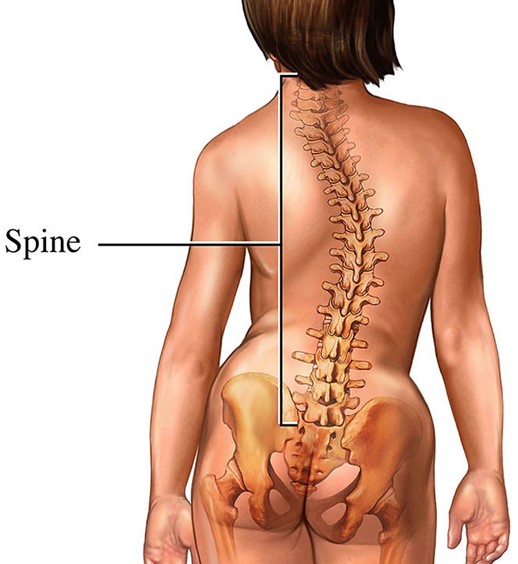A school nurse is assessing a school-age child and notices white flakes that don't brush off the hair and a rash on the back of the child's neck.
The nurse should suspect which of the following disorders?
Folliculitis.
Tinea capitis.
Impetigo contagiosa.
Pediculosis capitis.
The Correct Answer is D
The correct answer is choice D: Pediculosis capitis.
Choice D rationale: Pediculosis capitis is an infestation of head lice, which causes symptoms such as white flakes that do not brush off the hair easily and a rash on the back of the neck. These symptoms are due to the lice feeding on the scalp and laying eggs (nits), which can cause itching and irritation.
Choice A rationale: Folliculitis is an inflammation of the hair follicles, typically caused by bacterial or fungal infections. While it can cause a rash, it is not characterized by white flakes in the hair.
Choice B rationale: Tinea capitis, also known as ringworm of the scalp, is a fungal infection that causes scaly, itchy patches on the scalp. It may lead to hair loss in the affected areas, but it does not typically cause white flakes that do not brush off the hair.
Choice C rationale: Impetigo contagiosa is a highly contagious bacterial skin infection that causes blisters or sores on the skin. It does not involve white flakes in the hair and primarily affects exposed skin rather than the scalp.
Nursing Test Bank
Naxlex Comprehensive Predictor Exams
Related Questions
Correct Answer is ["B","D","E"]
Explanation
Preschool-age children often have a limited understanding of death and may believe that their thoughts can cause death.
They may also view death as similar to sleep 1 and may think that death is a punishment.
Choice A is not correct because preschool-age children may not necessarily be interested in what happens to the body after death.
Choice C is not correct because preschool-age children usually do not recognize that death is permanent.
Correct Answer is A
Explanation
Adolescents affected by scoliosis often experience body image dissatisfaction.
Therefore, the nurse should anticipate body image changes as the most common reaction.
Choice B is not correct because loss of privacy is not the most common reaction
when dealing with scoliosis surgery.
Choice C is not correct because feelings of displacement are not the most
common reaction when dealing with scoliosis surgery.
Choice D is not correct because identity crisis is not the most common reaction
when dealing with scoliosis surgery.

Whether you are a student looking to ace your exams or a practicing nurse seeking to enhance your expertise , our nursing education contents will empower you with the confidence and competence to make a difference in the lives of patients and become a respected leader in the healthcare field.
Visit Naxlex, invest in your future and unlock endless possibilities with our unparalleled nursing education contents today
Report Wrong Answer on the Current Question
Do you disagree with the answer? If yes, what is your expected answer? Explain.
Kindly be descriptive with the issue you are facing.
